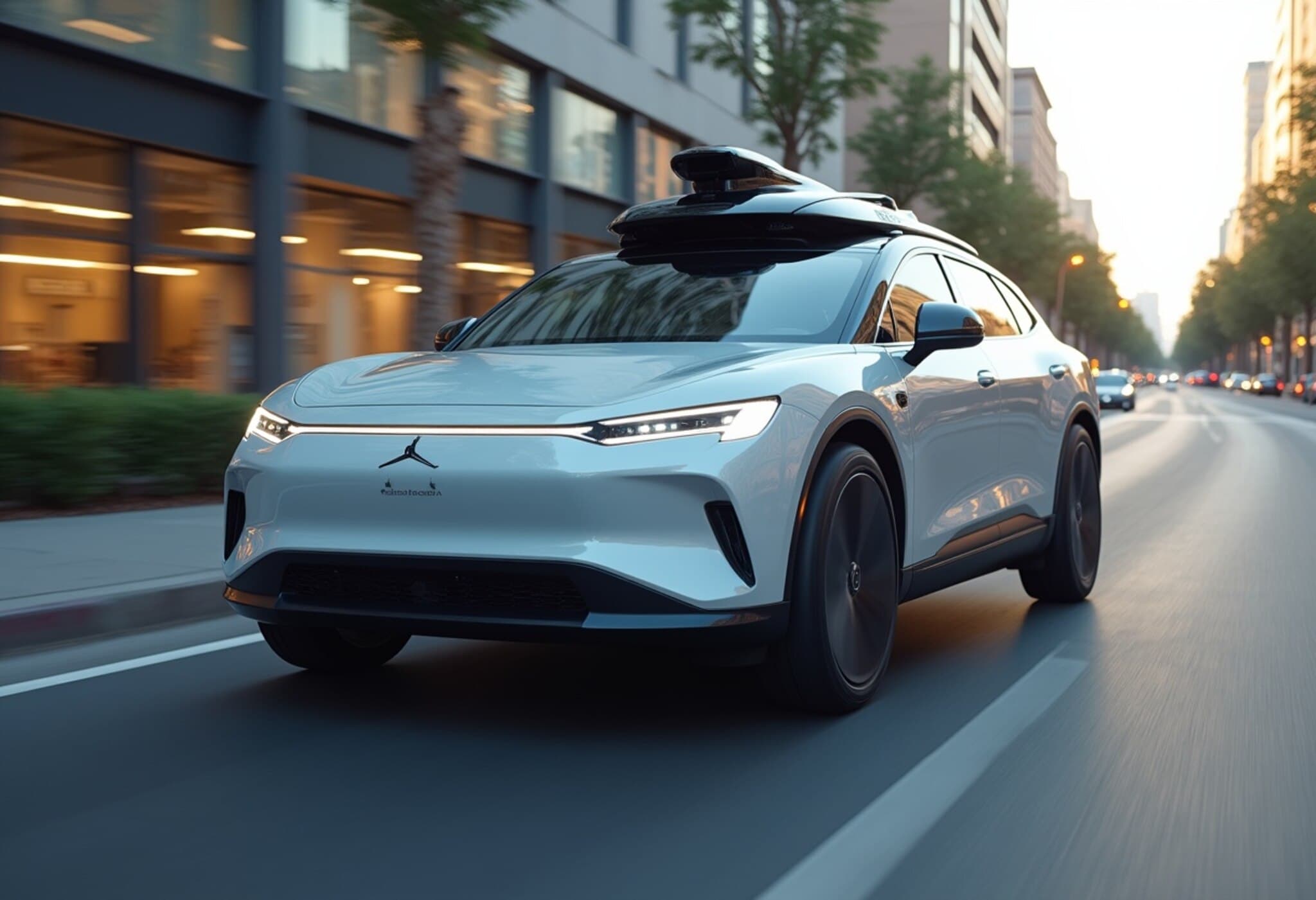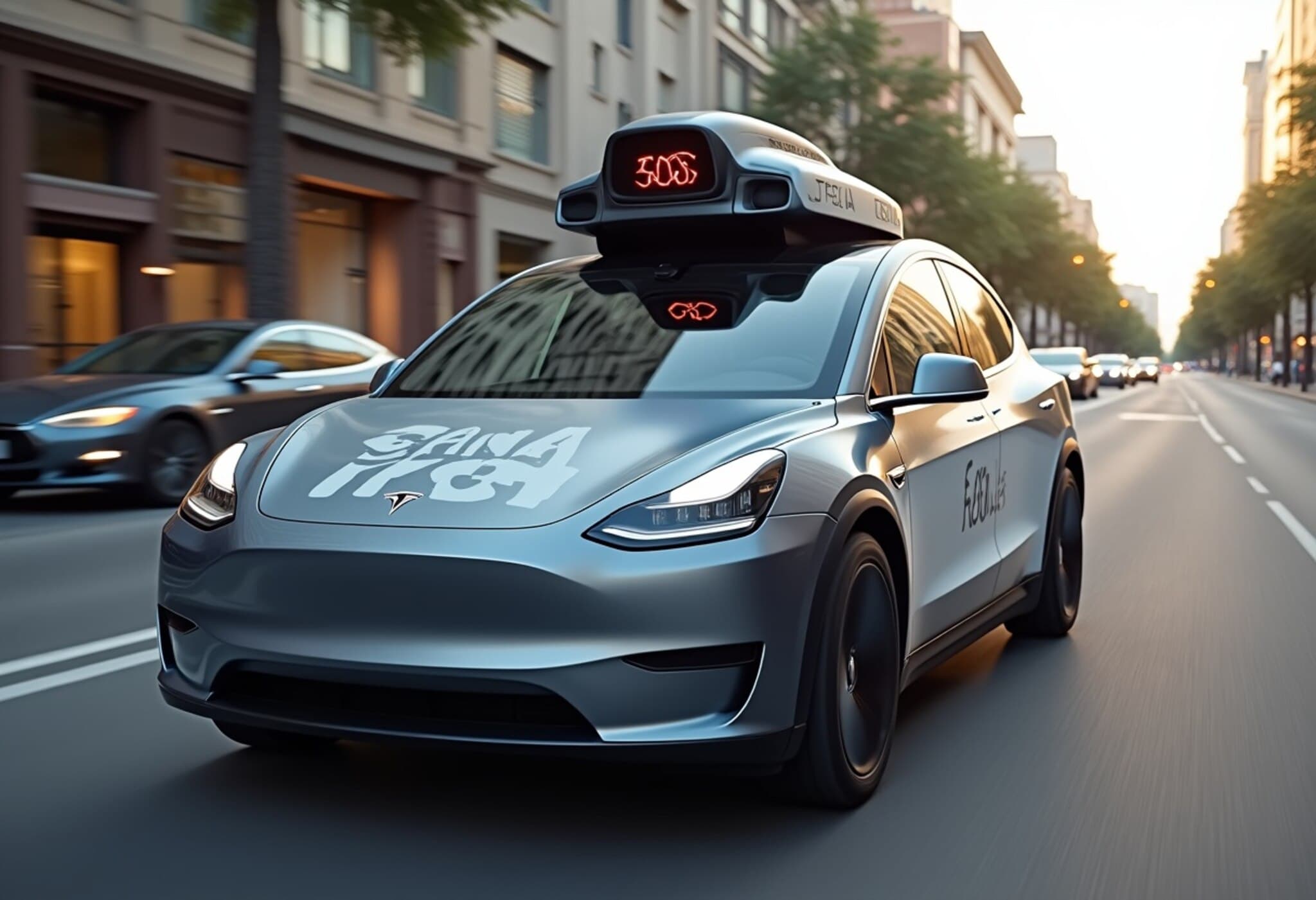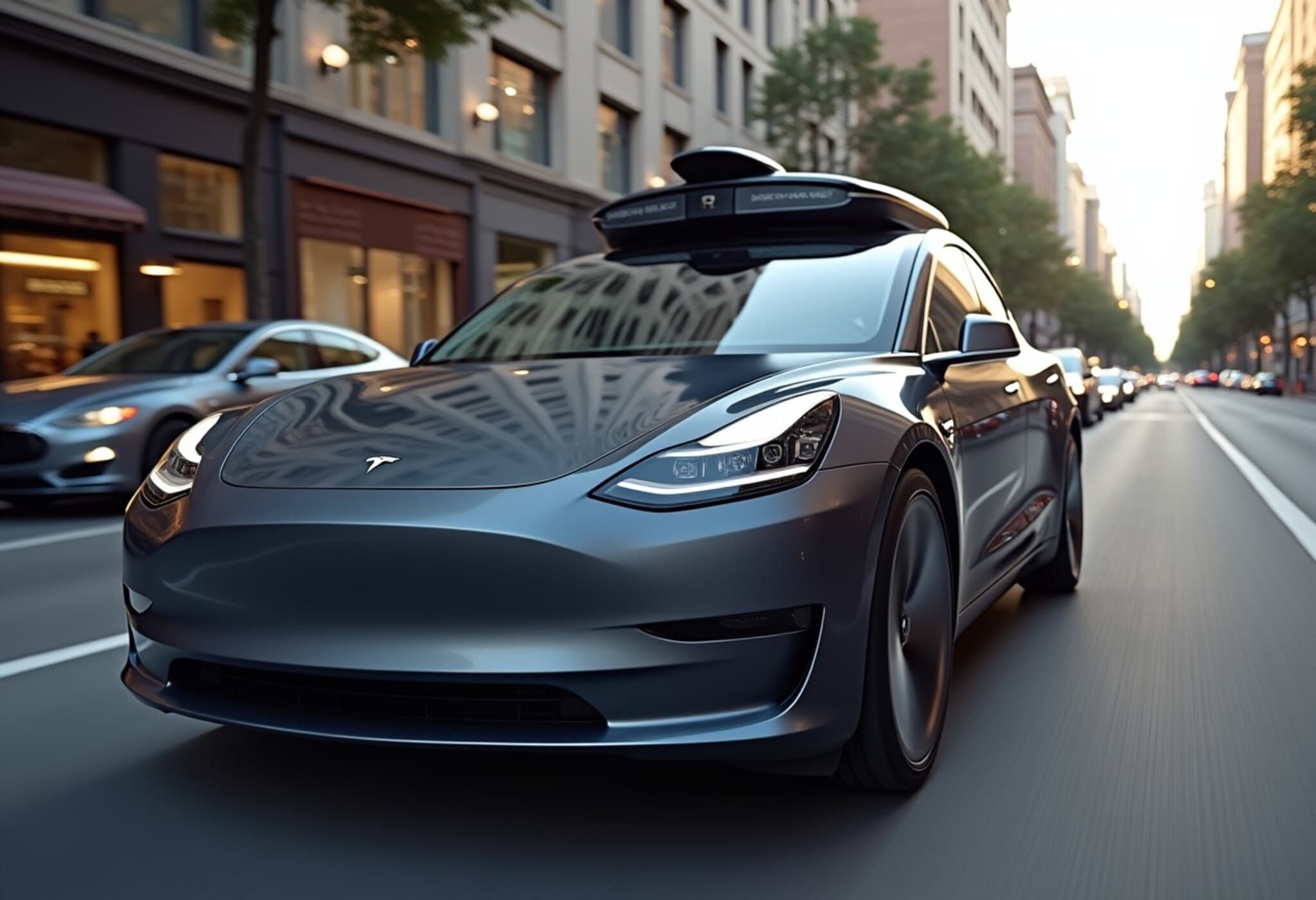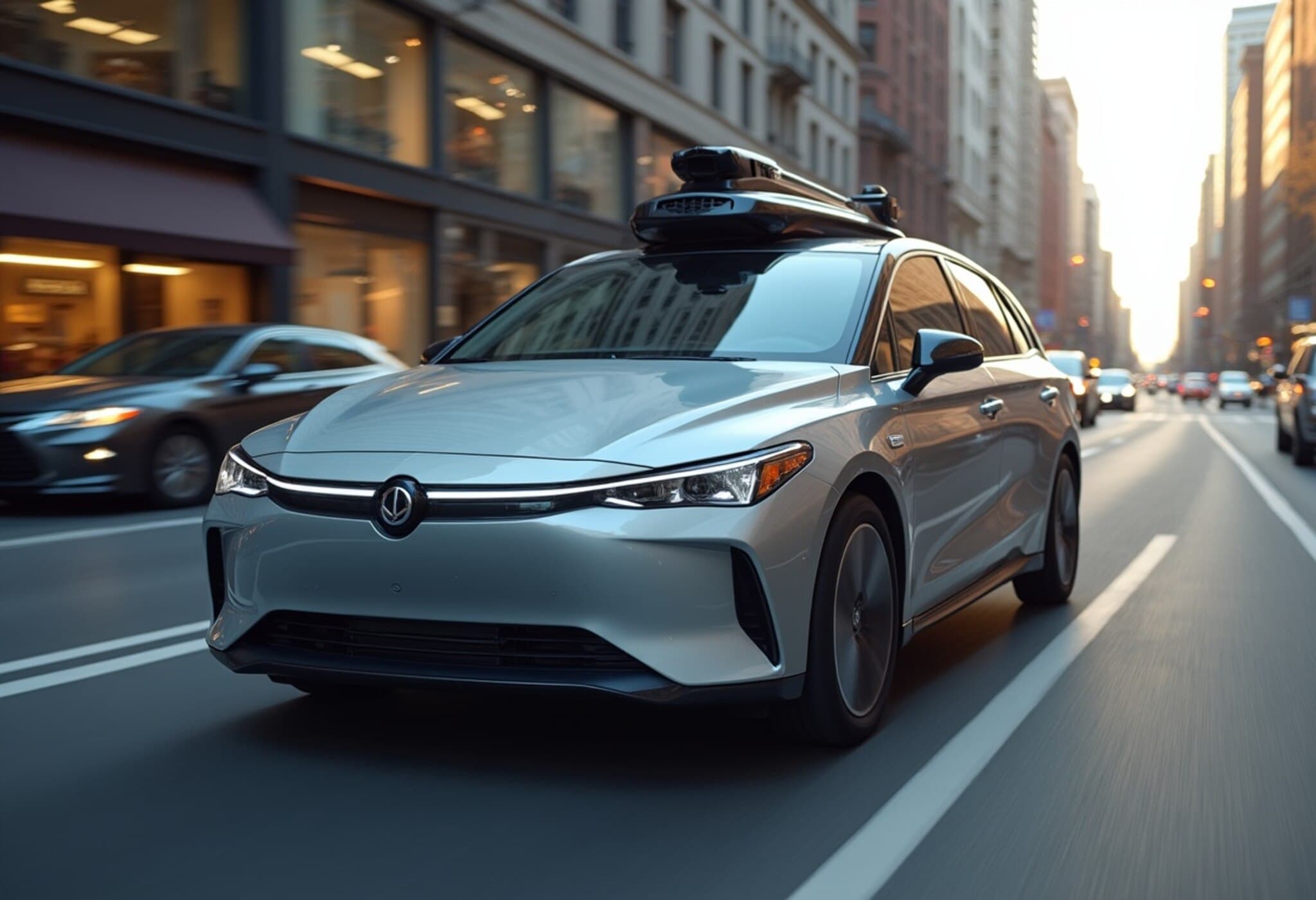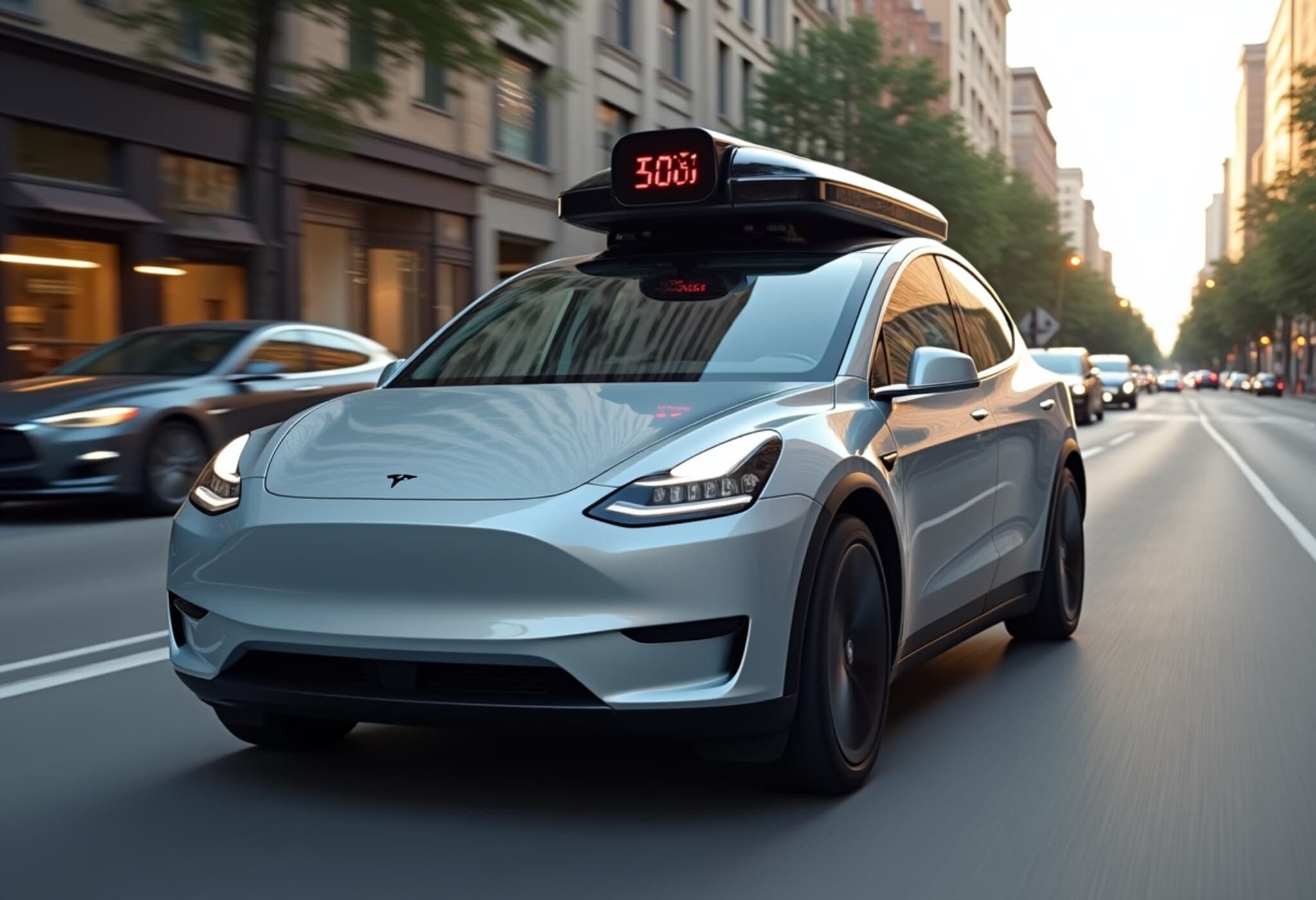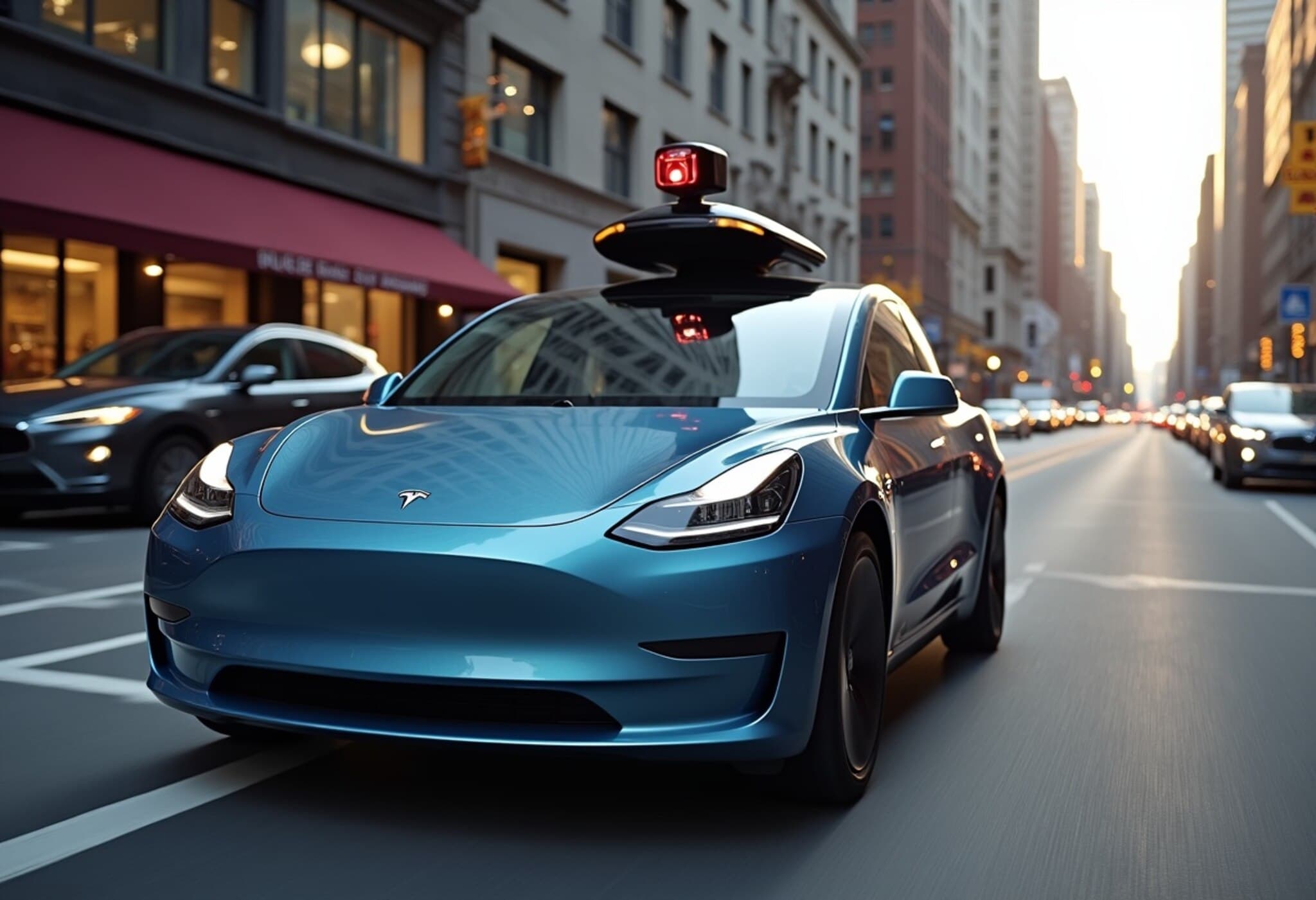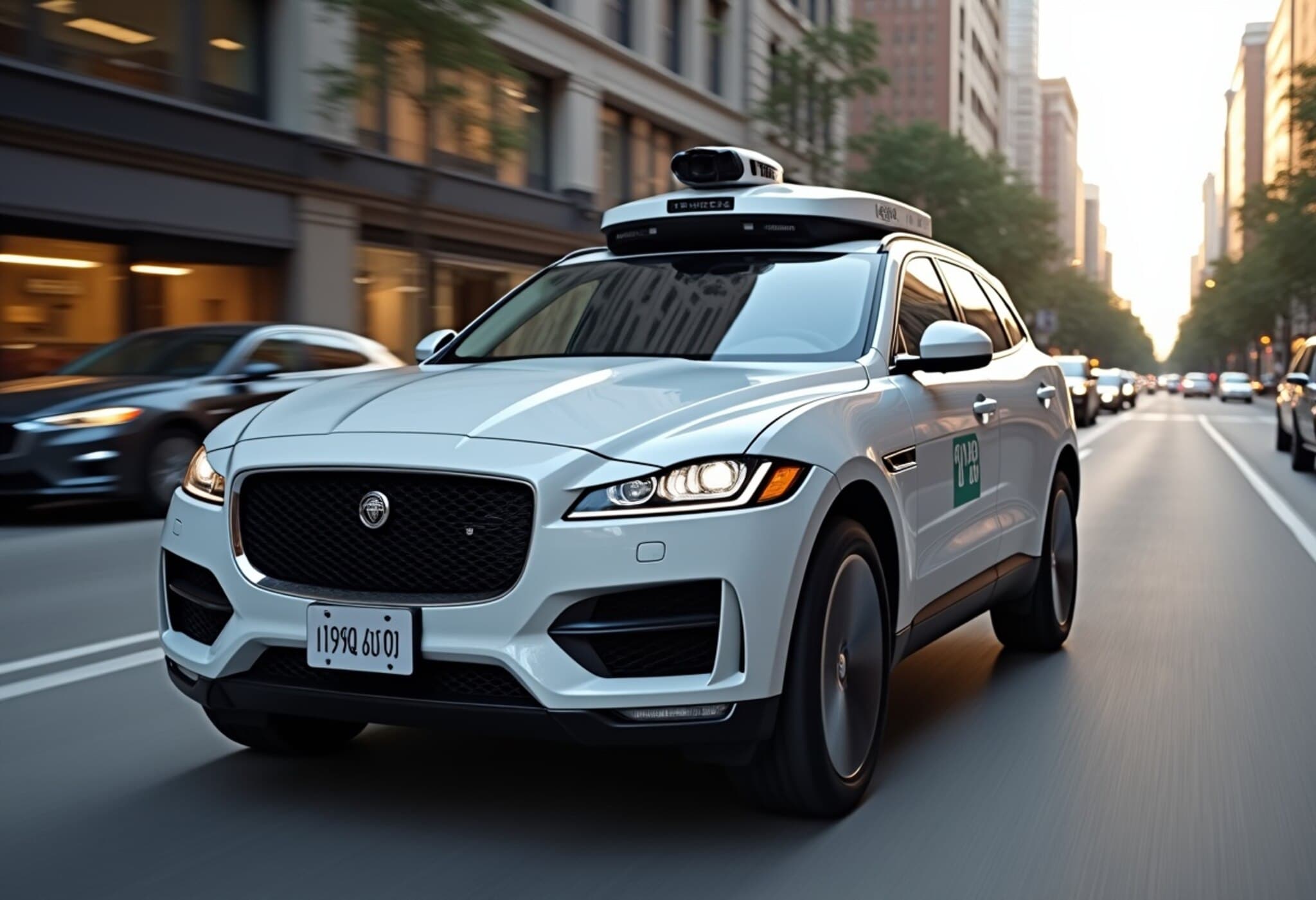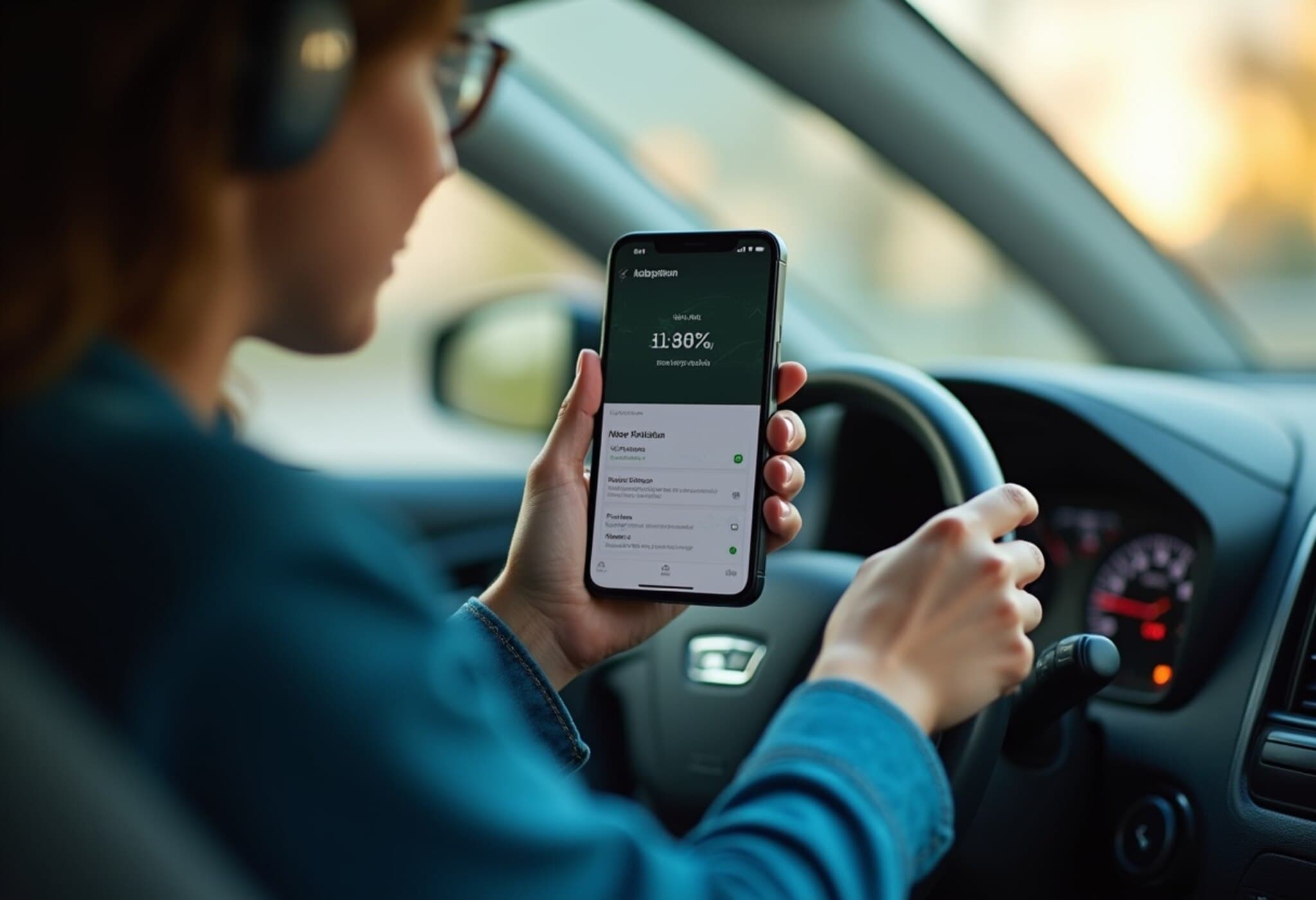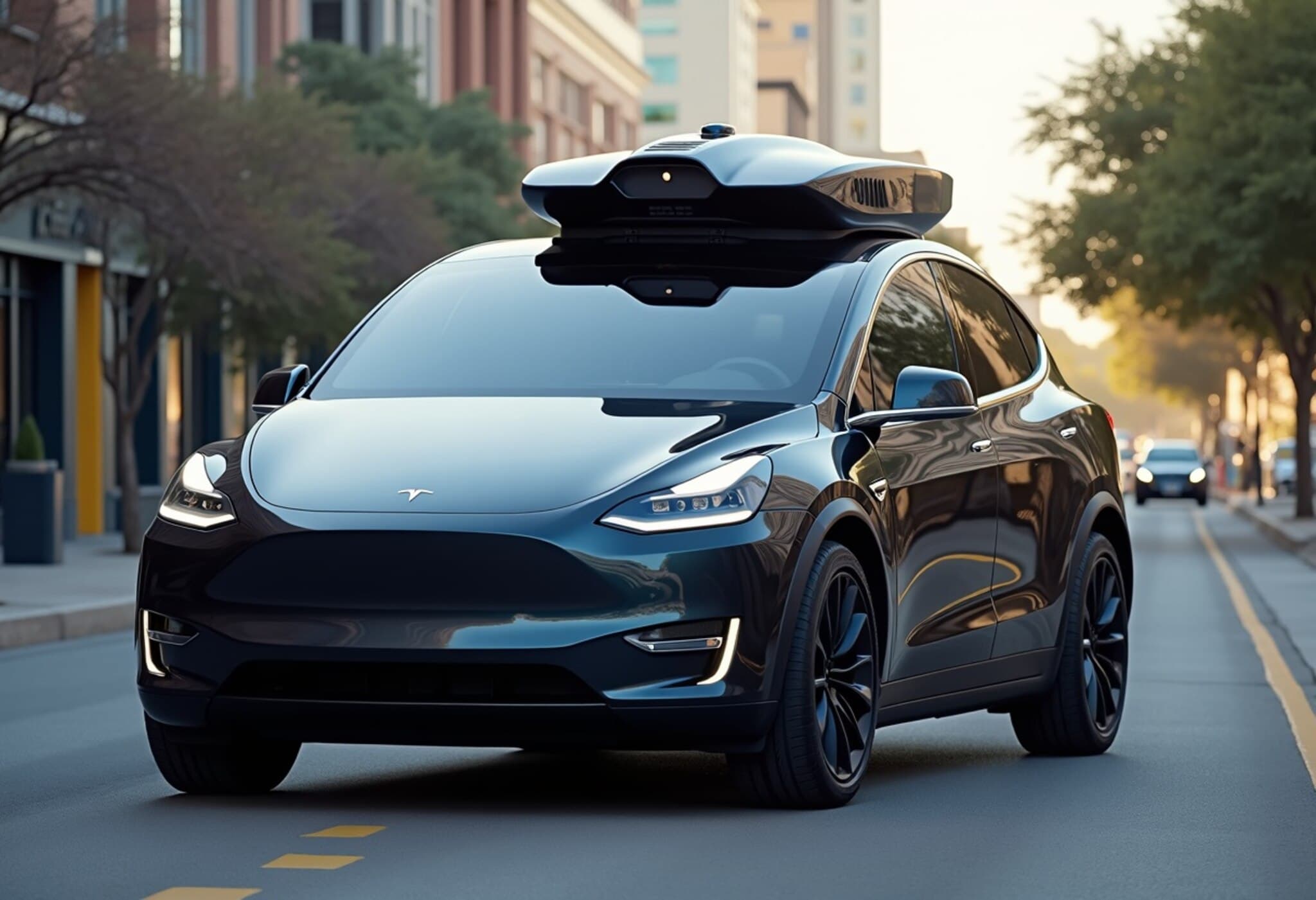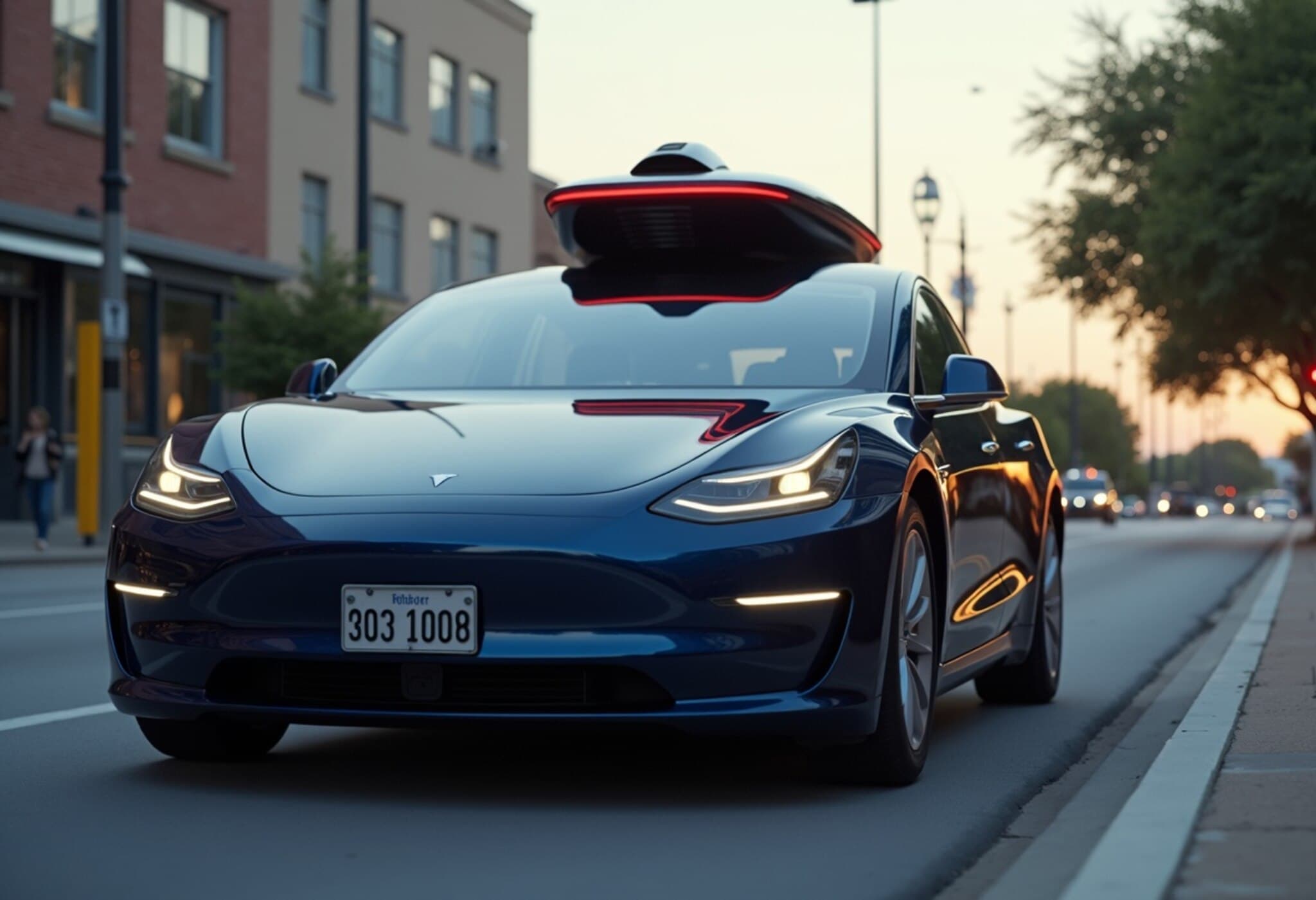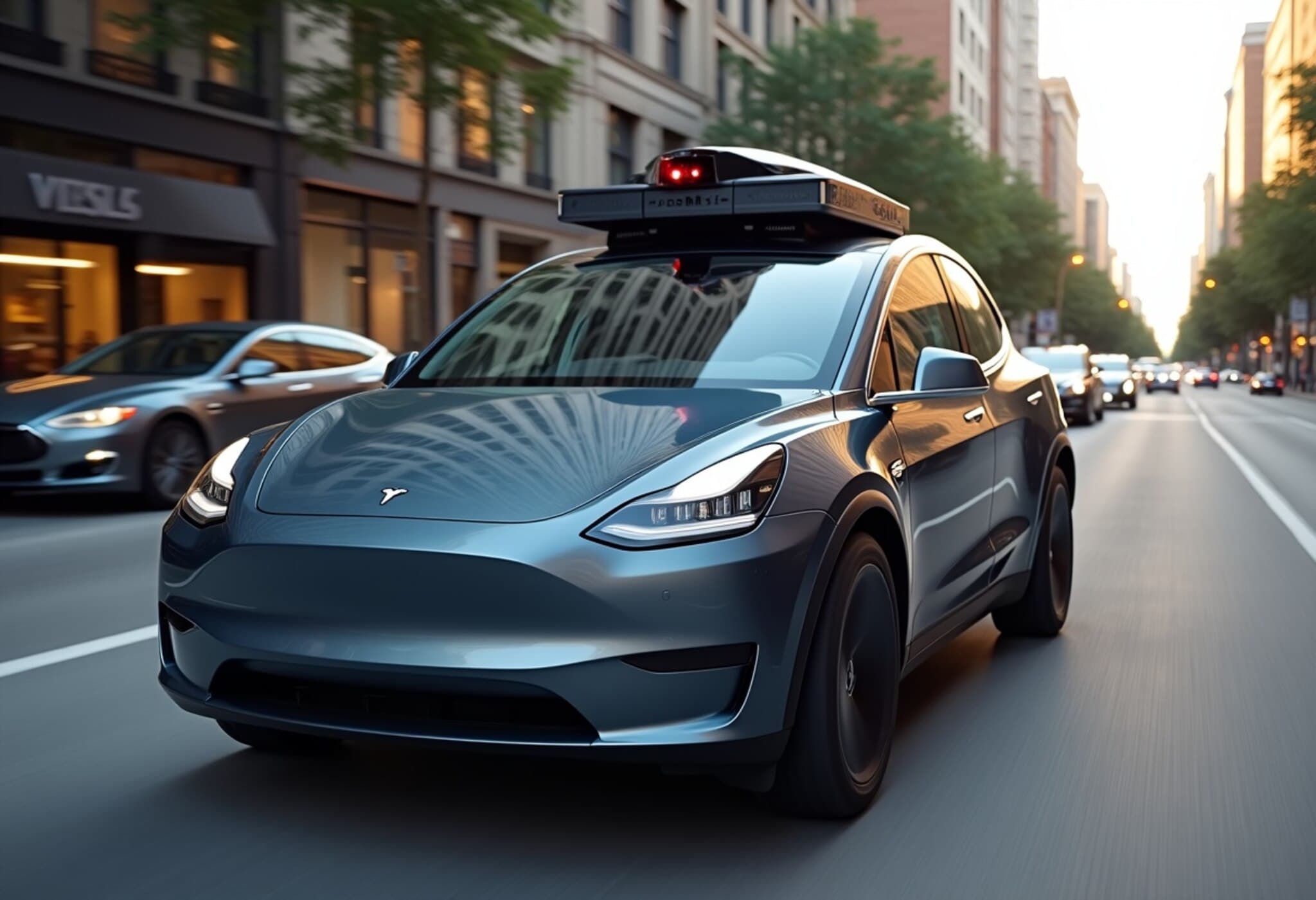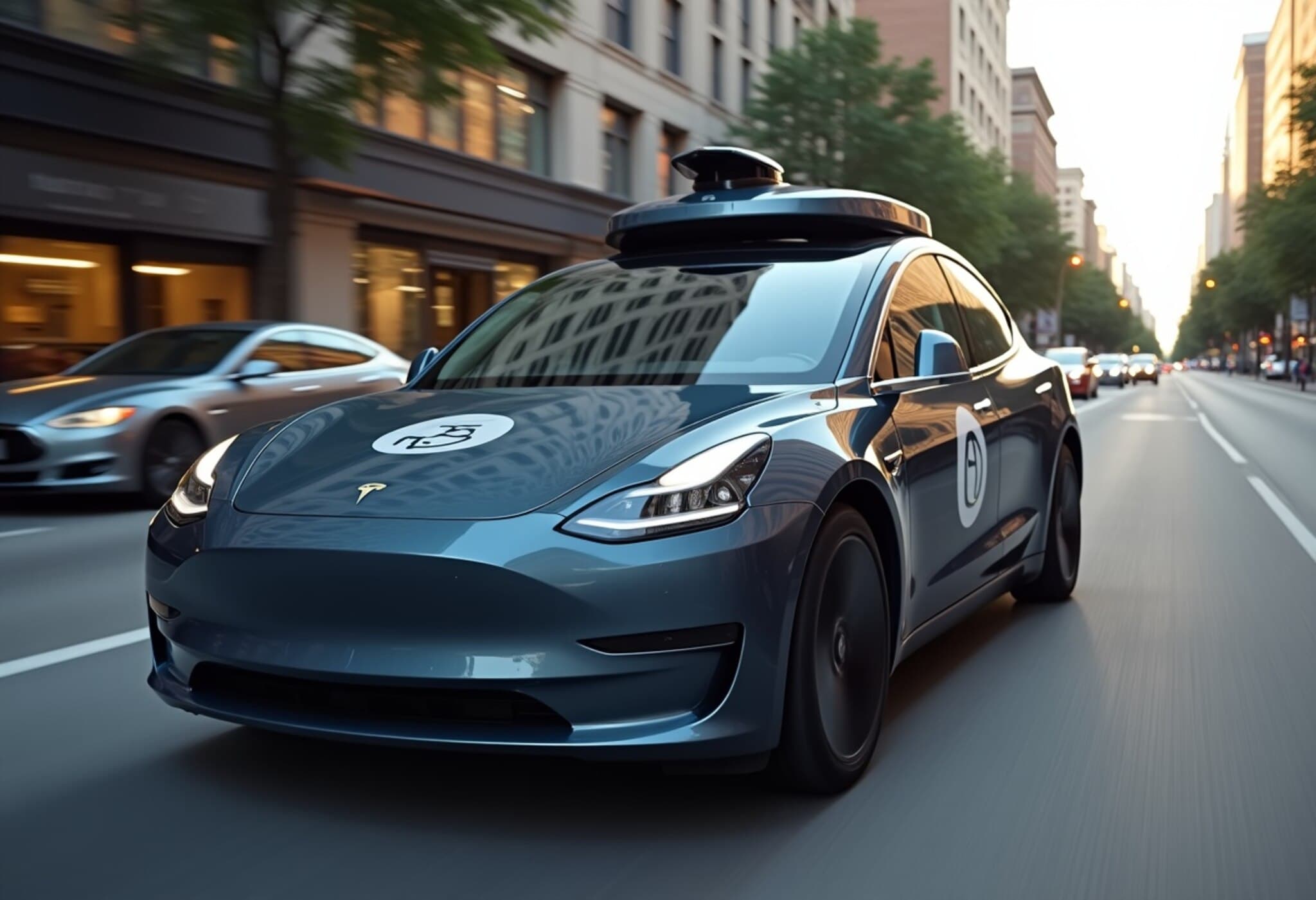Baidu and Uber Join Forces to Accelerate Global Deployment of Driverless Cars
In a groundbreaking move poised to reshape the future of ride-hailing, China's tech giant Baidu announced a strategic partnership with Uber that will bring Baidu’s autonomous Apollo Go vehicles to Uber’s platform across regions outside of the U.S. and mainland China. This collaboration marks a major milestone in internationalizing driverless car technology and expanding accessible autonomous mobility to new markets.
Global Expansion Set for Asia and the Middle East
The first wave of deployments is expected to kick off later this year in strategically selected cities across Asia and the Middle East—regions that have shown increasing openness to innovative transportation technologies. Baidu and Uber’s multi-year agreement envisions thousands of Apollo Go driverless cars available globally on the Uber app, offering passengers the option to hail autonomous rides seamlessly alongside traditional vehicles.
Following the announcement, Baidu’s shares surged by 4.5% in U.S. premarket trading, reflecting investor confidence in the company’s global ambition. Uber’s stock also edged higher by over 1%, signaling market approval of its continued strategy to integrate autonomous vehicle (AV) technologies through partnerships.
Why This Partnership Matters
- Baidu's Strengths: Baidu’s expertise in AI-driven autonomous driving, honed through its Apollo Go robotaxi services in China, positions it as a leader capable of driving innovation beyond its home market.
- Uber’s Reach: Operating in over 15,000 cities worldwide, Uber offers an unparalleled platform to scale AV services quickly and efficiently without building proprietary driverless tech from scratch.
- Mutual Benefits: Uber gains a reliable partner to compete globally with other autonomous ride-hailing services such as Waymo, while Baidu accesses a global customer base and valuable operational data.
Contextualizing the Move Amid Autonomous Vehicle Industry Trends
Since selling its own autonomous vehicle division in 2020, Uber has focused on partnerships to stay at the forefront of self-driving innovation. Baidu’s choice to collaborate with Uber reflects a savvy business move to leverage Uber’s vast user base rather than pursue isolated expansion. This cooperation also signals a balancing act in the face of escalating AV competition, including Alphabet’s Waymo, which recently expanded robotaxi rides in Austin, Texas through Uber’s app, and trials in the U.K.
Regional regulatory environments continue to shape AV adoption, with Dubai becoming a hub for Baidu’s testing and development efforts, while Europe remains a future target. Such geographic diversity in deployment strategies emphasizes the nuanced challenges and opportunities in practical AV integration.
Expert Insight: Navigating Opportunities and Challenges Ahead
From a policy and economic perspective, this partnership highlights how global ride-hailing platforms can drive rapid AV adoption, potentially reducing urban congestion and emissions while raising pressing questions about:
- Regulatory frameworks adapting quickly to autonomous technology in diverse urban contexts.
- Safety standards and public trust in driverless car operations, especially where AVs coexist with human-driven vehicles.
- Labor market impacts, as driverless cars may disrupt employment for traditional ride-hail drivers globally.
Industry insiders observe that the alliance between Baidu and Uber sets a precedent for cross-border technological collaboration, creating a powerful synergy that can accelerate AV innovation and deployment worldwide.
Looking Ahead: What This Means for Consumers and Cities
For everyday riders, the option to summon a self-driving car via Uber promises a glimpse into a future of enhanced convenience, potential cost savings, and cutting-edge safety features powered by AI. However, the rollout will demand careful integration with local transportation ecosystems and ongoing public engagement to foster acceptance.
Urban planners and policymakers will need to consider how to accommodate the unique infrastructure and regulatory needs of driverless vehicles, ensuring equitable access while safeguarding traffic safety and data privacy.
Summary: A Pioneering Partnership Shaping Autonomous Mobility’s Next Chapter
By combining Baidu’s technological prowess with Uber’s global footprint, this partnership could accelerate the arrival of autonomous rides worldwide, challenging competitors and transforming transportation landscapes. As this ambitious journey unfolds, stakeholders must navigate complex legal, ethical, and societal considerations to unlock the full benefits of driverless mobility.


